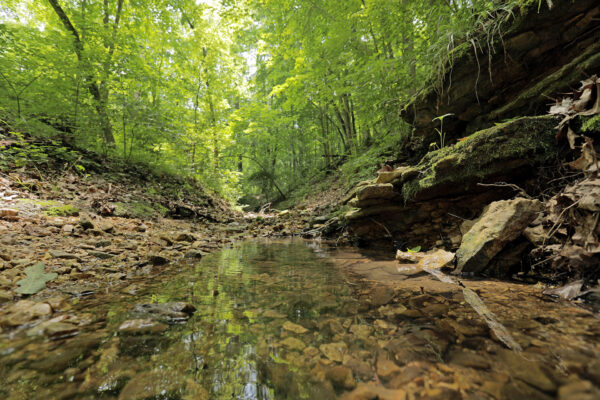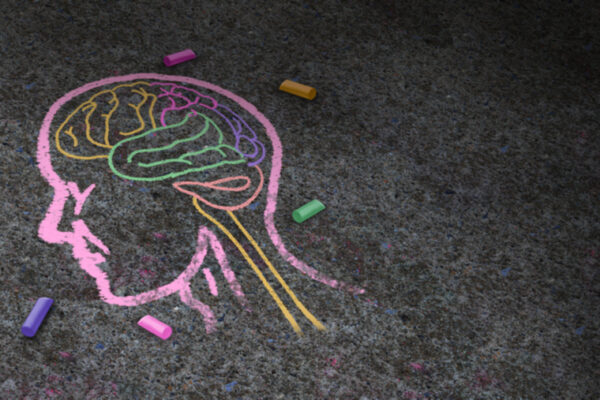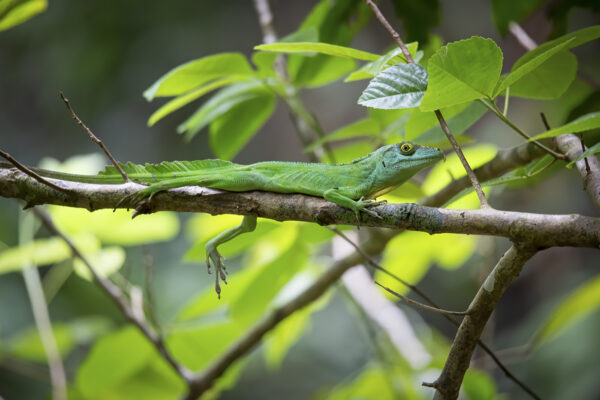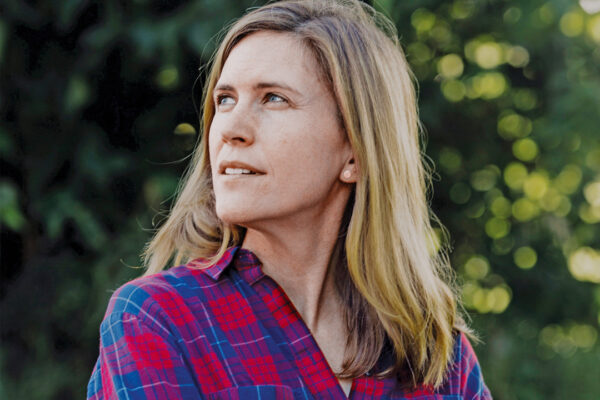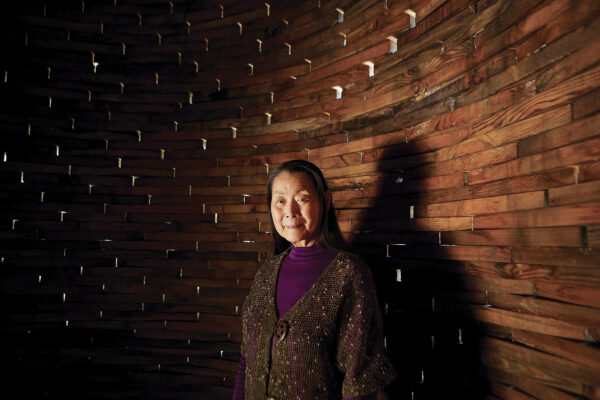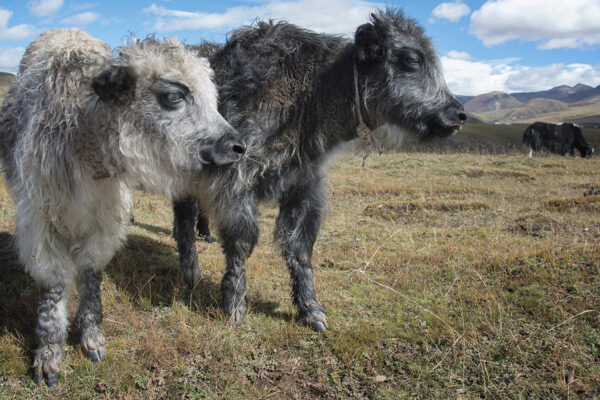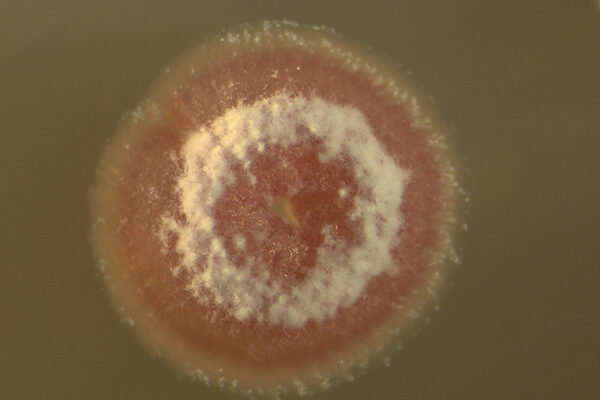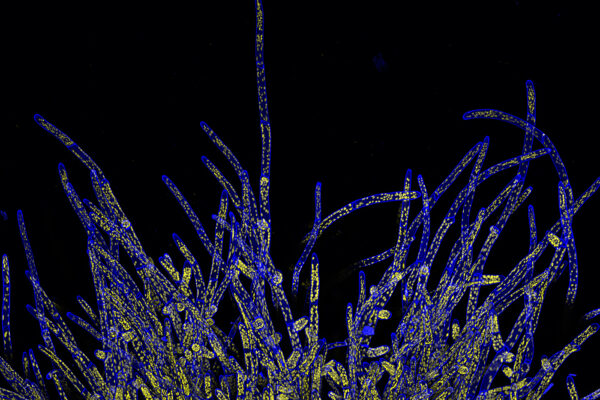In search of refuge
Researchers look at whether Ozark oases at Tyson Research Center — climate change refugia — could help species persist in spite of rising temperatures.
17-year study of children associates poverty with smaller, slower-growing subcortical regions
Research from the lab of Deanna Barch shows a lasting relationship between childhood poverty, brain development.
Sticky toes unlock life in the trees
Biologists at Washington University in St. Louis examined data from 2,600 lizard species worldwide and discovered that while hundreds of different types of lizards have independently evolved arboreal lifestyles, species that possessed sticky toepads prevailed.
Searching for life in the cosmos
Planetary scientist Sarah Stewart Johnson, AB ’01, wants to find the limits of life and broaden our world.
Engineering her own path
Dianne Chong studied to be a doctor but ended up in the Women in Engineering Hall of Fame.
’Til the cows come home
New research led by archaeologists at Washington University in St. Louis shows that meat and dairy played a more significant role in human diets in Bronze Age China than previously thought. The analysis also suggests that farmers and herders tended to sheep and goats differently than they did their cows.
Connective issue: AI learns by doing more with less
Research from the lab of Shantanu Chakrabartty reveals constraints can lead to learning in AI systems.
When stubborn bugs refuse to make drugs
Research published in the Proceedings of the National Academy of Sciences by biologist Joshua Blodgett in Arts & Sciences highlights comparative metabologenomics as a powerful approach to expose the features that differentiate strong antibiotic producers from weaker ones.
Depth of perception
Minuscule tunnels through the cell membrane help cells to perceive and respond to mechanical forces, such as pressure or touch. A new study led by biologists in Arts & Sciences directly investigates what PIEZO channels are doing in the tip-growing cells in moss and pollen tubes of flowering plants, and how.
NIH funds Rudra, Jackrel to improve vaccines for elderly
Washington University’s Meredith Jackrel and Jai Rudra and are researching nanofiber materials that will eliminate the need for vaccine adjuvants.
Older Stories
